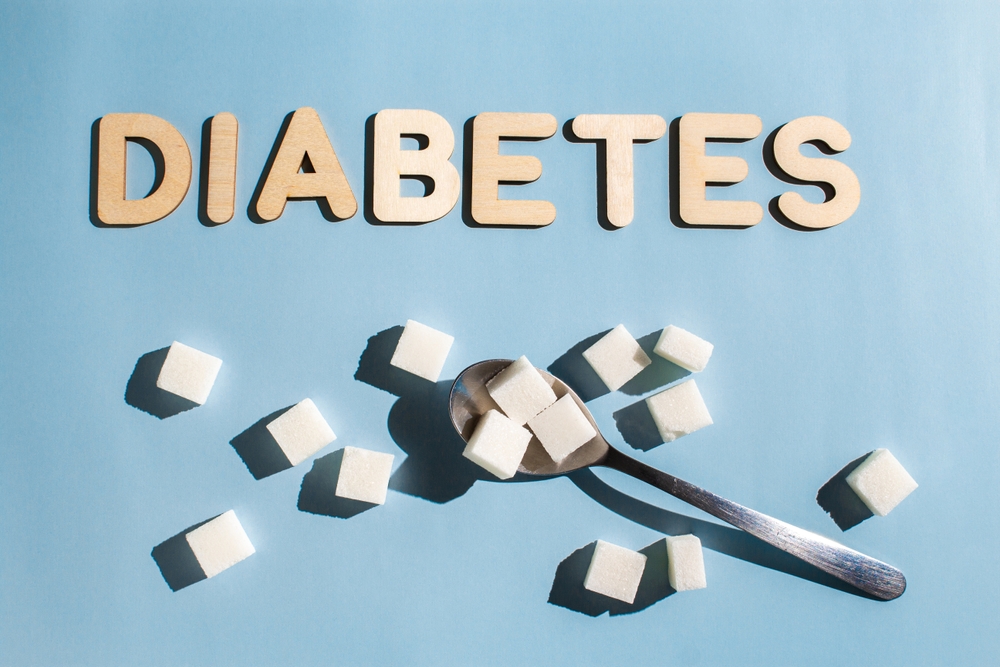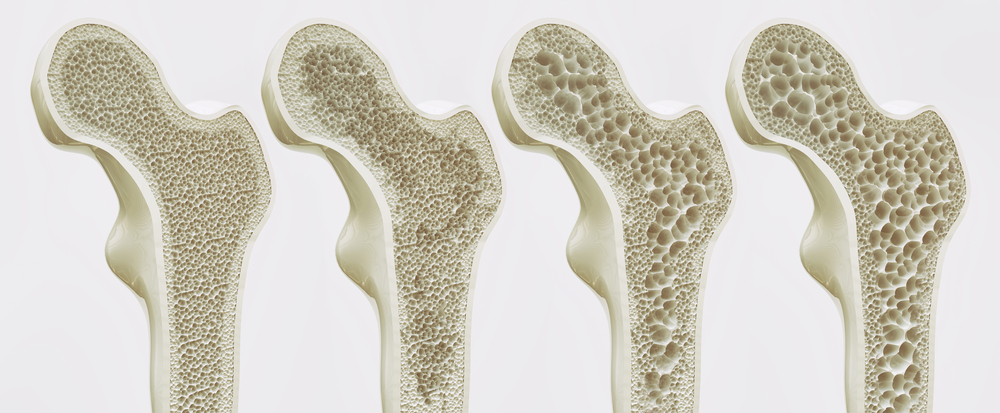Metabolism is the sum of chemical reactions that occur in living organisms. It is divided into catabolism, which involves breaking down large molecules into smaller ones, and anabolism, which involves combining small molecules into larger ones. Catabolic pathways provide energy while anabolic pathways consume energy.
Not all metabolic pathways occurring in an organism occur in every cell. Cells must be able to change the rate that molecules flow through metabolic pathways in order to function efficiently. Typical metabolic pathways contain some reactions that are reversible under physiological conditions and a few reactions that are irreversible.
Fats provide ATP via fatty acid β-oxidation, followed by the citric acid cycle and oxidative phosphorylation. Carbohydrates are broken down via glycogen or starch degradation and glycolysis, followed by the citric acid cycle and oxidative phosphorylation. Proteins are degraded to amino acids, which feed into energy metabolism as intermediates in glycolysis and the citric acid cycle.
After consuming food, energy is readily available. Since blood glucose is high, the pancreas secretes insulin, which stimulates the uptake of glucose from the blood by many tissues including the liver and muscle. Storage of fuel as glycogen and triacylglycerols is favoured, as are protein synthesis and biosynthetic pathways in general.
Metabolism tends to slow as you age for a variety of reasons. Some include losing muscle mass and being less active. However, there are numerous ways to boost your metabolism such as getting enough sleep, drinking tea, and consuming enough protein and calories.
The Boom Health app is the one-stop app for all your care needs. Quickly find and book experienced in-home caregivers, personal care services, prepared meals, medical equipment, and transportation. Find the app on the App Store or Google Play Store.
This article is not intended to be a substitute for professional medical advice or diagnosis. Always seek the advice of your physician or other qualified health provider with any questions you may have regarding a medical condition.





